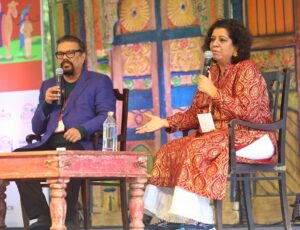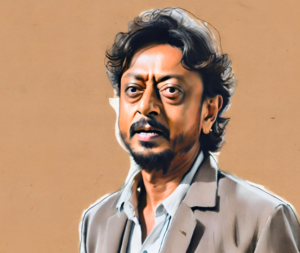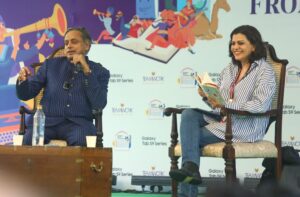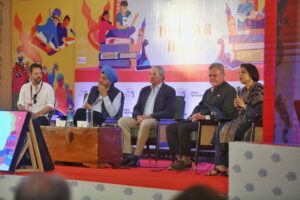Myth-buster from QSQT director: Civilisation is a viral culture… it works against reality
4 min read
While people may think that a film would be the obvious choice for a filmmaker telling a story, Mansoor Khan does not agree. The director of films like Qayamat Se Qayamat Tak, Jo Jeeta Wohi Sikander, and Akele Hum Akele Tum, Khan decided to use fiction writing as a medium when he wanted to explore a subject he best describes as ‘anti-civilisational.’
Fans of the 90s musical romances that Khan came to be identified with would wonder why he did not return to the screen. His answer: the subject needed the pen. “This is a paradigm shift in subject. I feel that each medium is powerful. Speaking is powerful. Theatre is powerful in its own right. And so is puppetry, or audio. Films are very powerful, but for certain things like love, hate, violence, humour, titillation, or propaganda,” he said, referring to his medium of storytelling in One: The Story of the Ultimate Myth.
At the Write Circle session organised by Siyahi and Prabha Khaitan Foundation, Khan agreed that it wouldn’t have been impossible to tell the story through a film. “But it would be very difficult to deal with this kind of subject. Would it translate on screen? I had to first test it myself, through a book. Now, I may think of taking it up as a film project,” he added.
Mansoor Khan, writer & director, on turning his book into a movie.Aamir has read the book. he has liked it very much. I would like to make a film on this. Let us see where it goes from here.
A culture critique
The book is set against the catabolic collapse of the world. Why is that happening? The resounding answer from around the world is that humans are causing it. But Mansoor insisted that it is civilisation, not the human race that is ruining the planet. “I am not a moralist but I want to ask, ‘Who do you think is destroying the planet?’ he asked the audience at ITC Rajputana in Jaipur on November 2. Brushing aside the responses that included ‘humans’ and ‘rich people,’ he said, “It is one culture of humans; the culture called civilisation! Look at the adivasis; they have not devised fossil fuels or made plastic.” He insisted that there could not have been a bigger lie than the statement that humans are destroying the planet. In the same breath, he called civilisation a ‘viral culture’ with his book being a culture critique.
Mansoor says the book is a result of his quest to understand the stuff that he had never questioned. “When you speak of progress or build dams, there is displacement and rehabilitation. Rehabilitation means you have to give up your entire ecosystem,” he said. “Saving the land was one of the things that concerned me. But that took me into trickier zones. I eventually read some books that made me question what we call modern science. This book is a culmination of that journey. I am not an environmentalist and I disagree with them because they are not holistic thinkers. They speak of only one aspect, not the root cause,” he shared. “We think we are advanced. The notion of progress is ridiculous because it comes from a quantitative evaluation of things,” he added. “We are deluded for believing ₹10 is of value. I can give you a trillion on the moon, but that will not get you tea on the moon.”
Civilization is a viral culture. My book is a culture critique. We do art, literature, poetry, music, films, and engage in higher thought. Reality doesn’t care about it.
Mansoor Khan, on ONE: The Story of the Ultimate Myth
‘Not a book on mental health’
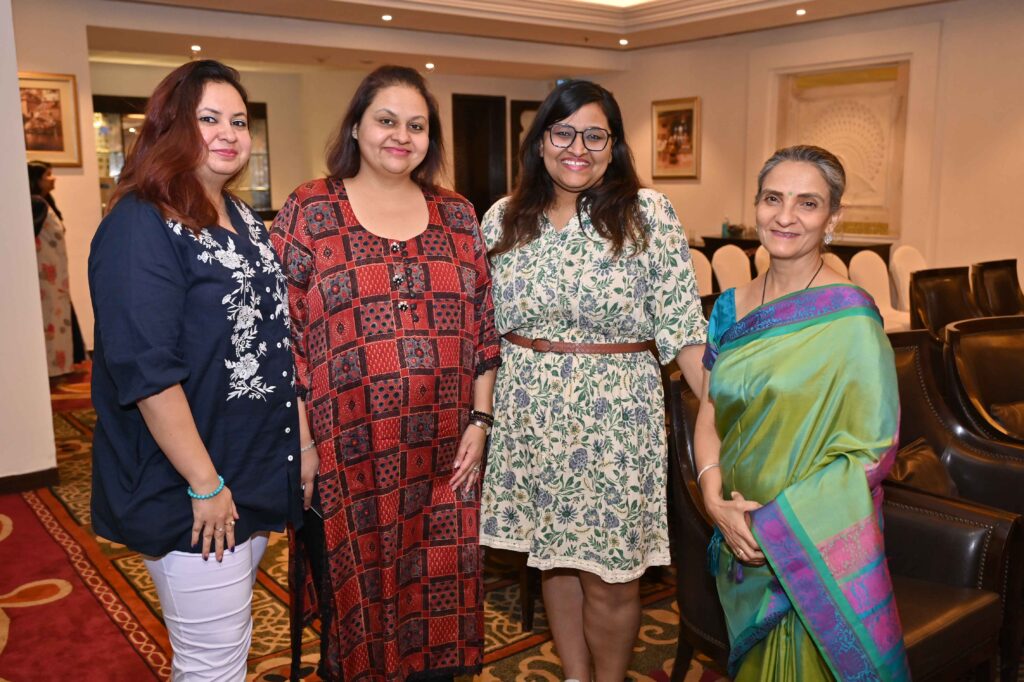
The book is the story of two strangers, Sonal and Abhay, who meet in a park by chance. An activist and former professor, Sonal is battling memory loss and acute depression. And the once-celebrated genetic engineer, Abhay, is a paranoid fugitive. While both characters deal with mental health issues, Mansoor insisted that should not be the reader’s takeaway. “I am Sonal! I went through extreme depression and paranoia. I had to undergo therapy. But my book is not about mental health. I am not advocating how to deal with mental health issues. Do not reach too much into it,” he advised.
When Mansoor first started to delve deep into social issues, he would end up frustrated with the lack of understanding around him. He often argued with his friends, trying to explain what he was getting at. “One day, I came home and had a very deep sense of guilt – the feeling you get when you argue with someone and use very harsh words. I couldn’t sleep at night. I thought either I was mad or all of them were. That’s where the two characters stemmed from. And I wrote the first 11 chapters just like that, sitting one morning,” he shared.
That was after struggling to find the right way to tell the story, even through the book. “I come up with a key visual when I write. The key diagram of this book took 15 years to evolve. I had 10,000 different points that I was trying to make. How do I put them in a flow, and how do I reduce them to five points and put them in a key visual?” he shared of his struggle.
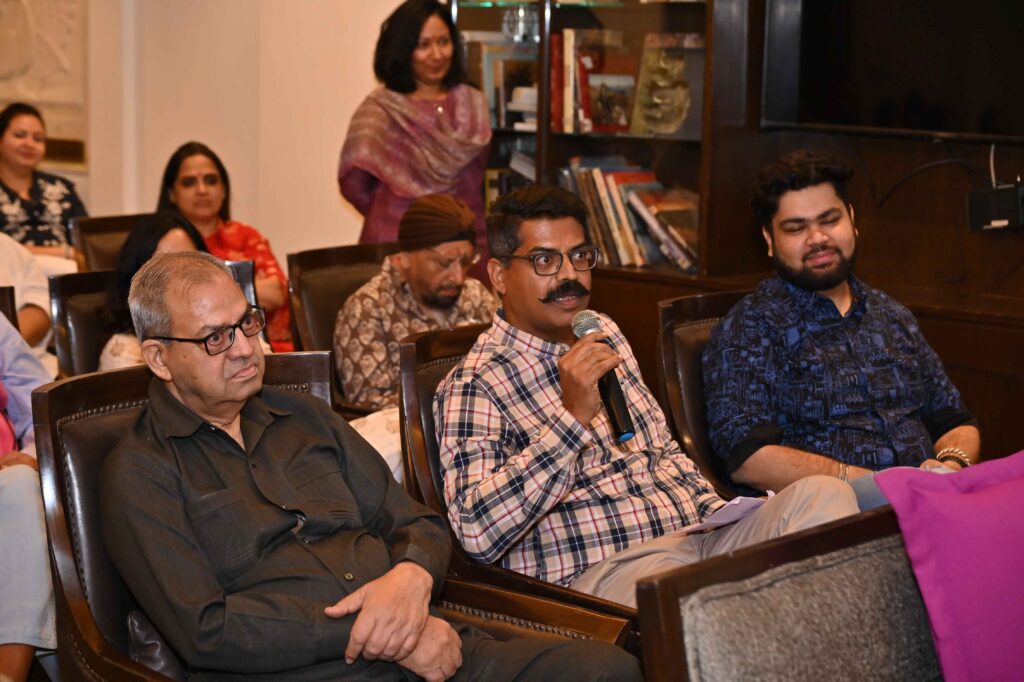
“I was first writing the book as a work of non-fiction. I thought that fiction would get in the way. Sometimes, you get so engrossed in the lives of the characters that you forget the real subject. If the characters and situations are too interesting, it could overpower the story,” he shared. But when he did, it just flowed from his pen.
